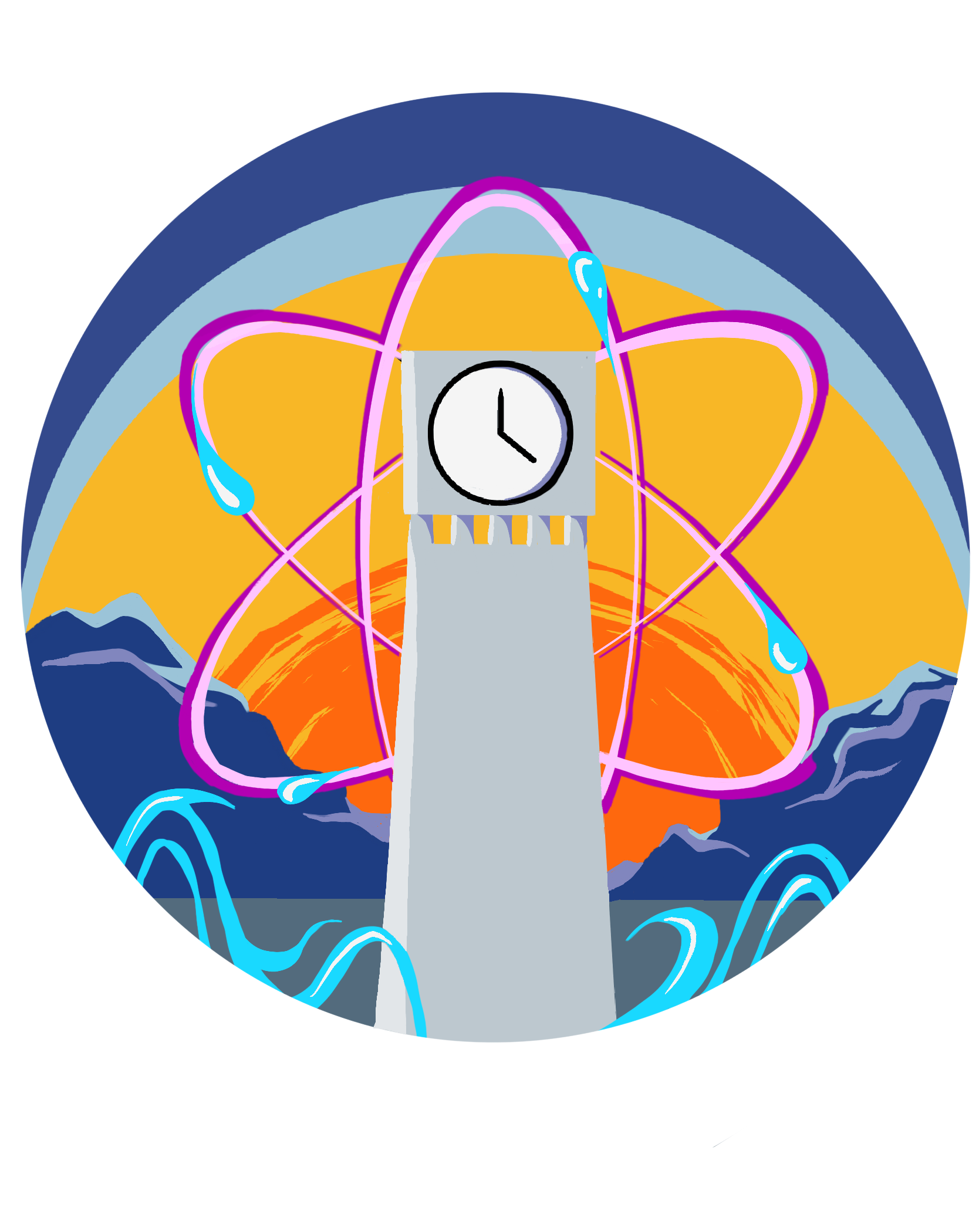We are excited to introduce the CCUW*iP 2026 Keynote Speakers
Dr. Ingrid Stairs
University of British Columbia
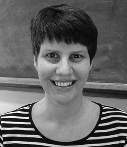
Dr. Ingrid Stairs is a Professor of Physics and Astronomy at the University of British Columbia. She obtained her undergraduate honours degree from McGill University and went on to complete her Master’s and PhD at Princeton University. Her research focuses on searching for and timing radio pulsars to uncover insights into neutron-star astrophysics, binary evolution, and tests of general relativity. She also investigates fast radio bursts (FRBs) and their origins. Dr. Stairs works with large radio telescopes, including the Green Bank Telescope (GBT) and CHIME, to study some of the universe’s most extreme and dynamic systems.
Dr. Sabrina Gonzalez Pasterski
Perimeter Institute for Theoretical Physics
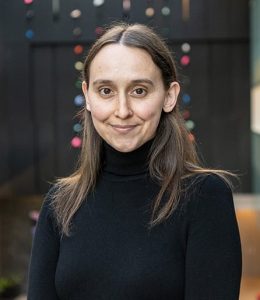
Dr. Sabrina Gonzalez Pasterski (PhD, Harvard University, 2019) is a high-energy theorist and faculty member at the Perimeter Institute for Theoretical Physics. She joined Perimeter in 2021 after a postdoctoral fellowship at the Princeton Center for Theoretical Science. Her research explores the deep connections between gravity and quantum physics, including new symmetries of the universe and how spacetime itself might be described as a hologram. As the founder of the Celestial Holography Initiative, Dr. Pasterski leads a team investigating how these ideas could bring us closer to a unified theory of the universe.
Dr. Nancy Forde
Simon Fraser University
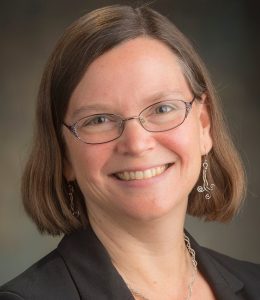
Dr. Nancy Forde is a Professor of Physics at Simon Fraser University and a leading biophysicist whose work bridges physics, chemistry, and biology. In 2024, she was elected a Fellow of the American Physical Society for her groundbreaking contributions to biological physics. Her research uses optical tweezers to measure the tiny mechanical forces acting on single molecules, revealing how biological materials such as collagen and synthetic molecular motors achieve strength, resilience, and adaptability. She is also deeply committed to mentorship and inclusive education, having received multiple awards for teaching excellence and graduate supervision at SFU.
Dr. Stephanie Simmons
Simon Fraser University / Photonic Inc.
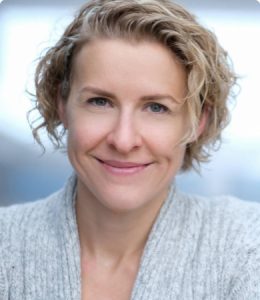
Dr. Stephanie Simmons is a Canada Research Chair in Quantum Computing and the co-chair of Canada’s National Quantum Strategy Advisory Council. At Simon Fraser University, her research focuses on developing quantum technologies that use silicon to build more scalable and reliable quantum devices. By studying how electron and nuclear spins in silicon can store and process quantum information, Dr. Simmons and her team are paving the way for practical quantum computers. She is also the founder and Chief Quantum Officer of Photonic Inc., a company translating these breakthroughs into real-world quantum communication and computing systems.
Dr. Magdalena Bazalova-Carter
University of Victoria
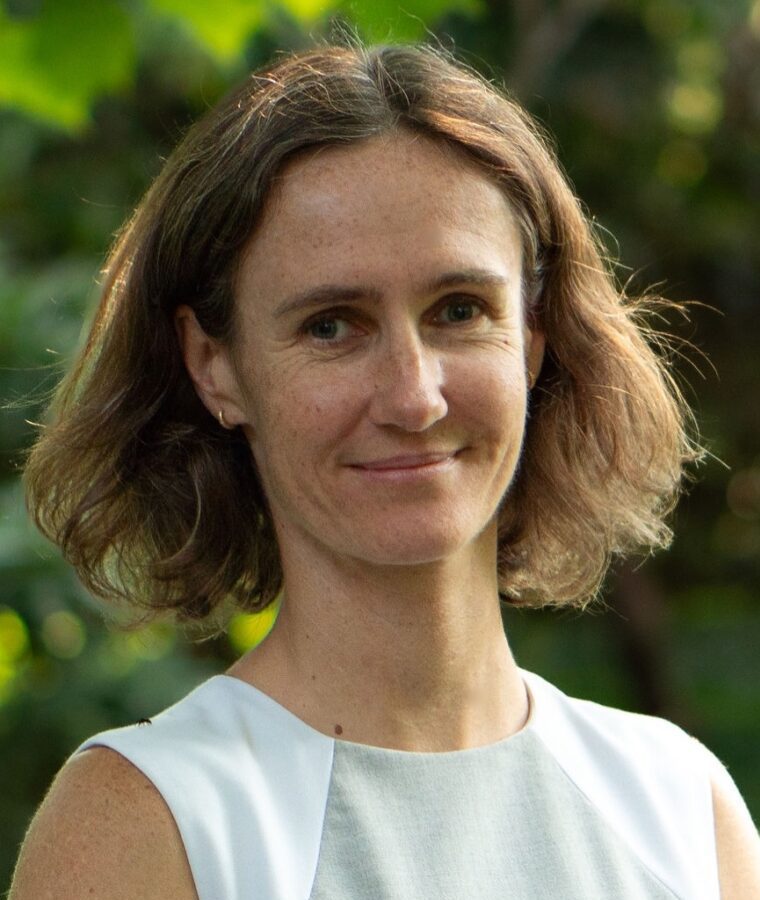
Dr. Magdalena Bazalova-Carter is a Canada Research Chair in Medical Physics (Tier II) and an Associate Professor at the University of Victoria, where she leads the X-ray Cancer Imaging and Therapy Experimental (XCITE) Lab. Her research focuses on developing novel x-ray imaging modalities and radiation therapy techniques to improve cancer detection and treatment. Her team collaborates with international research facilities such as CERN and TRIUMF integrating both experimental and computational methods to advance x-ray physics and radiotherapy innovation. Through this multidisciplinary work, Dr. Bazalova-Carter aims to make radiation treatments more effective, accessible, and economically sustainable worldwide.
Dr. Lindsey Heagy
University of British Columbia
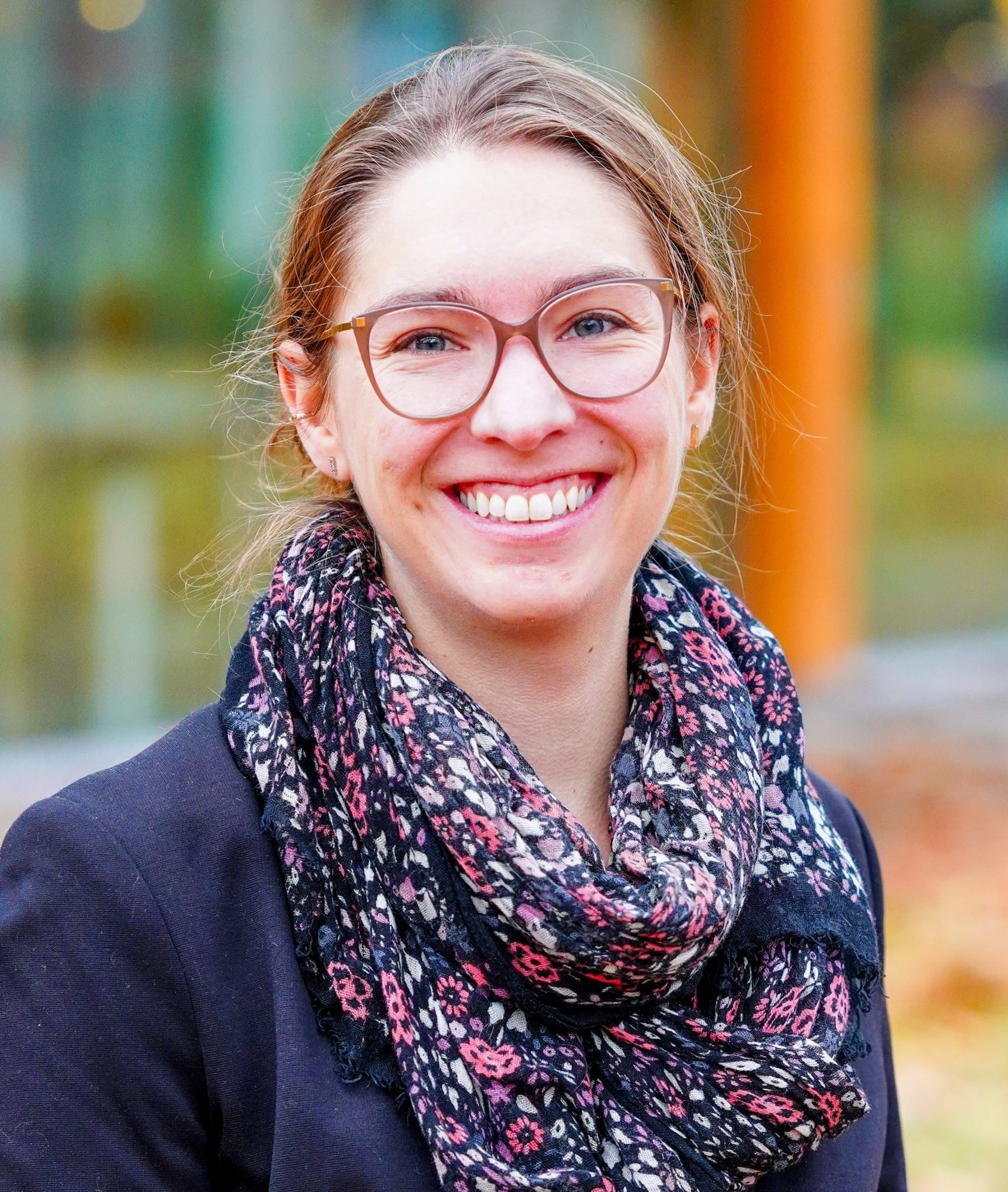
Dr. Lindsey Heagy is the Director of the Geophysical Inversion Facility and an Assistant Professor in the Department of Earth, Ocean and Atmospheric Sciences at the University of British Columbia. Her research focuses on applied geophysics and inverse theory, developing computational methods to better characterize the Earth’s subsurface. She and her group combine inverse modelling and machine learning to interpret electrical, electromagnetic, and potential field (gravity, and magnetic) data for applications in mineral exploration, carbon sequestration, and groundwater studies.
Dr. Gwen Grinyer
University of Regina
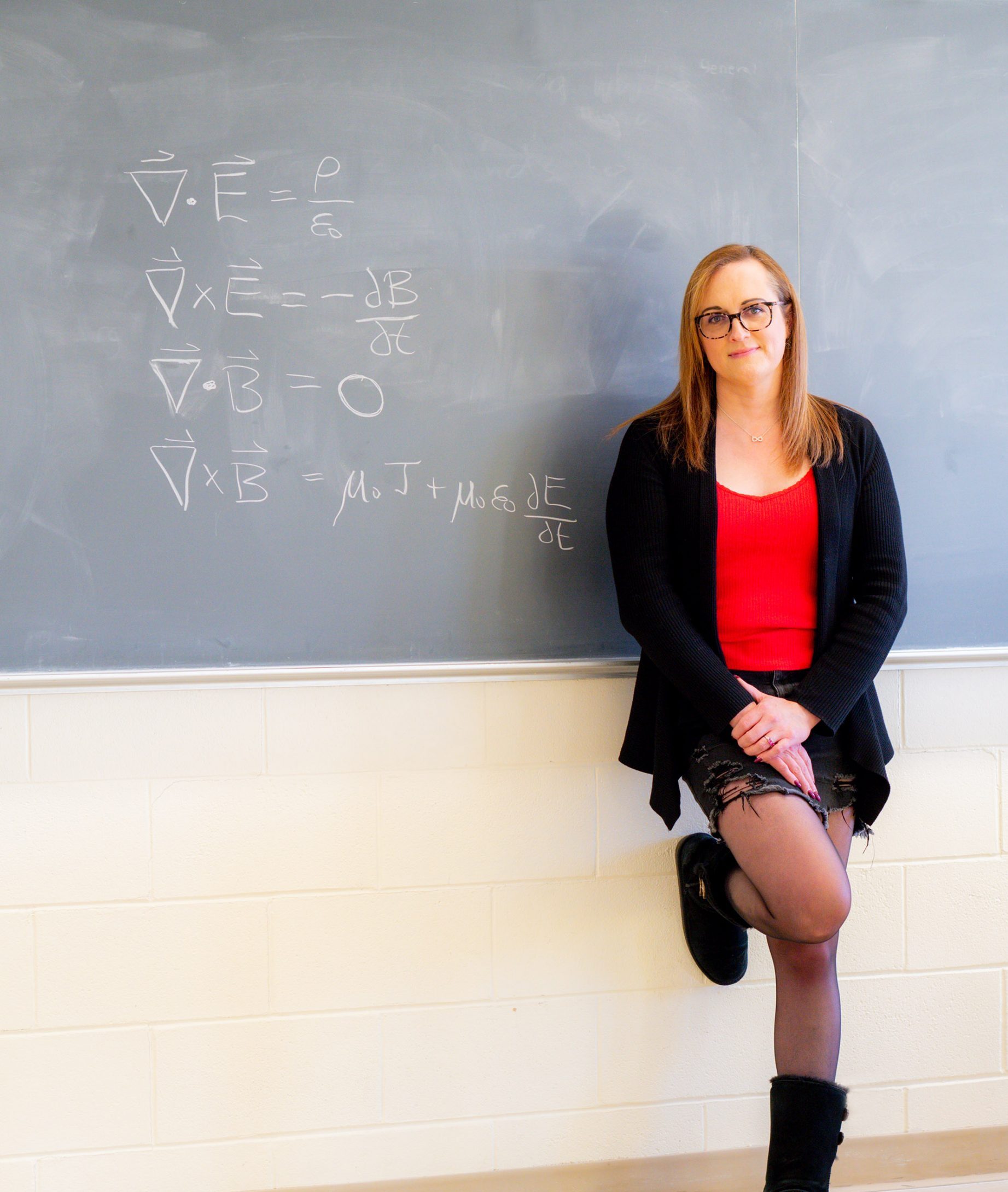
Dr. Grinyer completed her studies in experimental nuclear physics. Dr. Grinyer’s research uses beams of rare isotopes to study the properties of short-lived radioactive nuclei that are furthest from stability. Her research is carried out at TRIUMF and at other rare isotope production and accelerator facilities around the world. Dr. Grinyer has also received the Fellowship Award from the Canadian Association of Physicists. In addition to experimental physics research, Dr. Grinyer is passionate about equity, diversity and inclusion in STEM fields, physics education, and science communication.
Dr. Allison Man
University of British Columbia
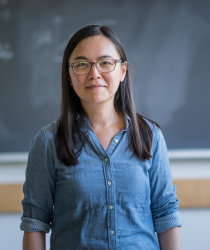
Dr. Allison Man uses the most advanced telescopes to study how massive galaxies like our Milky Way came to be. She investigates the physics behind starburst activity, colliding galaxies and supermassive black holes. Before joining UBC, she held postdoctoral fellowships at the European Southern Observatory and the University of Toronto. She has also been awarded the Talent Prize by the Network for Women in Physics of the Danish Physical Society. In parallel to her research, she has contributed to projects promoting astronomy education and research in Africa: she initiated and coordinated the ESO Astronomy Research Training in Ghana, and organized and instructed at The Pan-African School for Emerging Astronomers.
